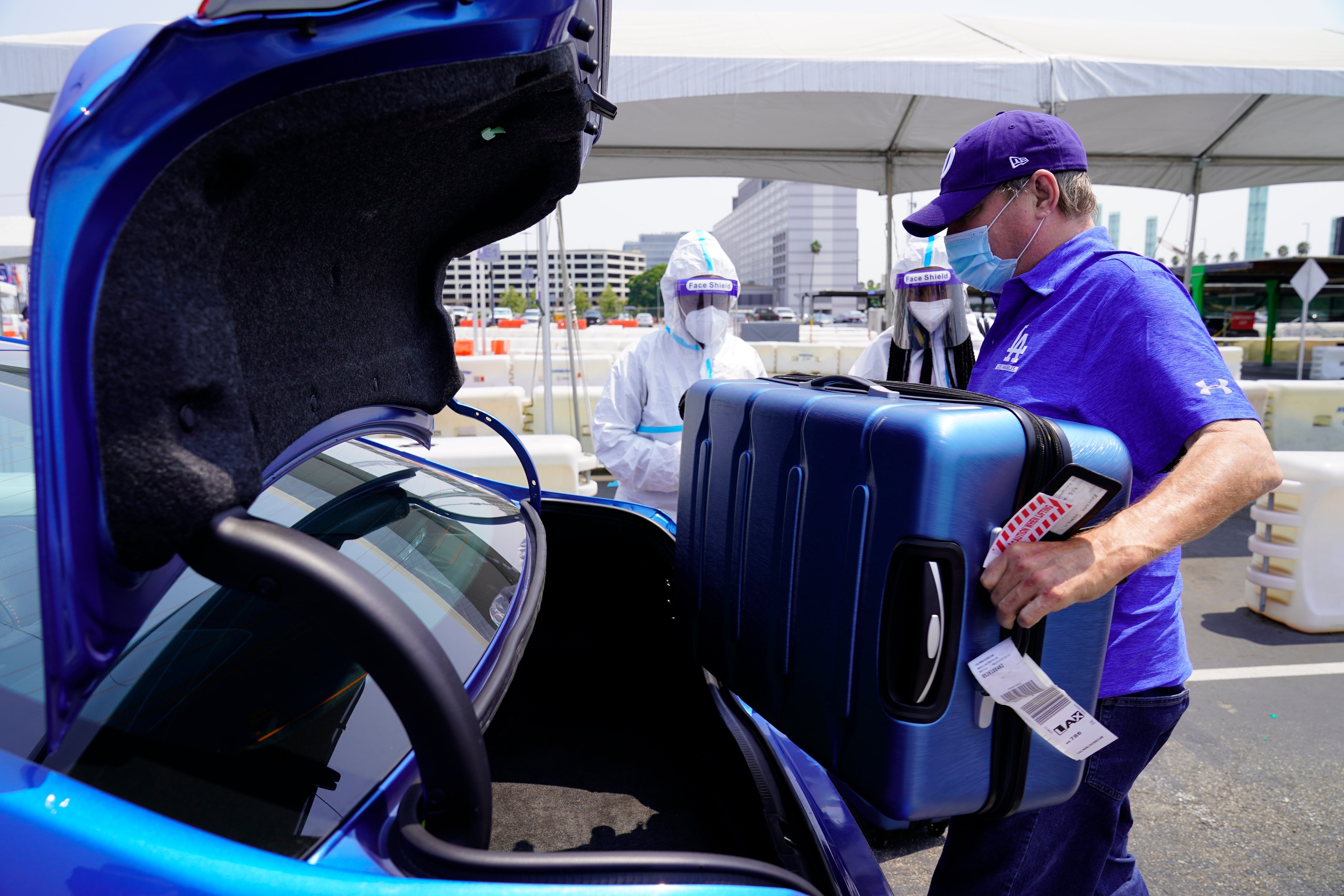Judge: California ride-hailing law is unconstitutional
A judge has struck down California’s ballot measure that exempted Uber and other companies from a state law requiring their drivers to be classified as employees eligible for benefits and job protections

Your support helps us to tell the story
From reproductive rights to climate change to Big Tech, The Independent is on the ground when the story is developing. Whether it's investigating the financials of Elon Musk's pro-Trump PAC or producing our latest documentary, 'The A Word', which shines a light on the American women fighting for reproductive rights, we know how important it is to parse out the facts from the messaging.
At such a critical moment in US history, we need reporters on the ground. Your donation allows us to keep sending journalists to speak to both sides of the story.
The Independent is trusted by Americans across the entire political spectrum. And unlike many other quality news outlets, we choose not to lock Americans out of our reporting and analysis with paywalls. We believe quality journalism should be available to everyone, paid for by those who can afford it.
Your support makes all the difference.A judge Friday struck down a California ballot measure that exempted Uber and other app-based ride-hailing and delivery services from a state law requiring drivers to be classified as employees eligible for benefits and job protections.
Alameda County Superior Court Judge Frank Roesch ruled that Proposition 22 was unconstitutional.
Voters approved the measure in November after Uber, Lyft and other services spent $200 million in its favor, making it the most expensive ballot measure in state history.
Uber said it planned to appeal, setting up a fight that could likely end up in the California Supreme Court
“This ruling ignores the will of the overwhelming majority of California voters and defies both logic and the law,” company spokesman Noah Edwardsen said. “You don’t have to take our word for it: California’s attorney general strongly defended Proposition 22’s constitutionality in this very case.”
He said the measure will remain in force pending the appeal.
The judge sided with three drivers and the Service Employees International Union in a lawsuit that argued the measure improperly removed the state Legislature’s ability to grant workers the right to access to the state workers’ compensation program.
“For two years, drivers have been saying that democracy cannot be bought. And today’s decision shows they were right,” said Bob Schoonover, president of the SEIU California State Council.
Proposition 22 shielded app-based ride-hailing and delivery companies from a labor law that required such services to treat drivers as employees and not independent contractors, who don’t have to receive benefits such as paid sick leave or unemployment insurance.
Uber and Lyft threatened to leave the state if voters rejected the measure.
Labor spent about $20 million to challenge the proposition.
The state Supreme Court initially declined to hear the case in February — mainly on procedural grounds — but left open the possibility of a lower court challenge.